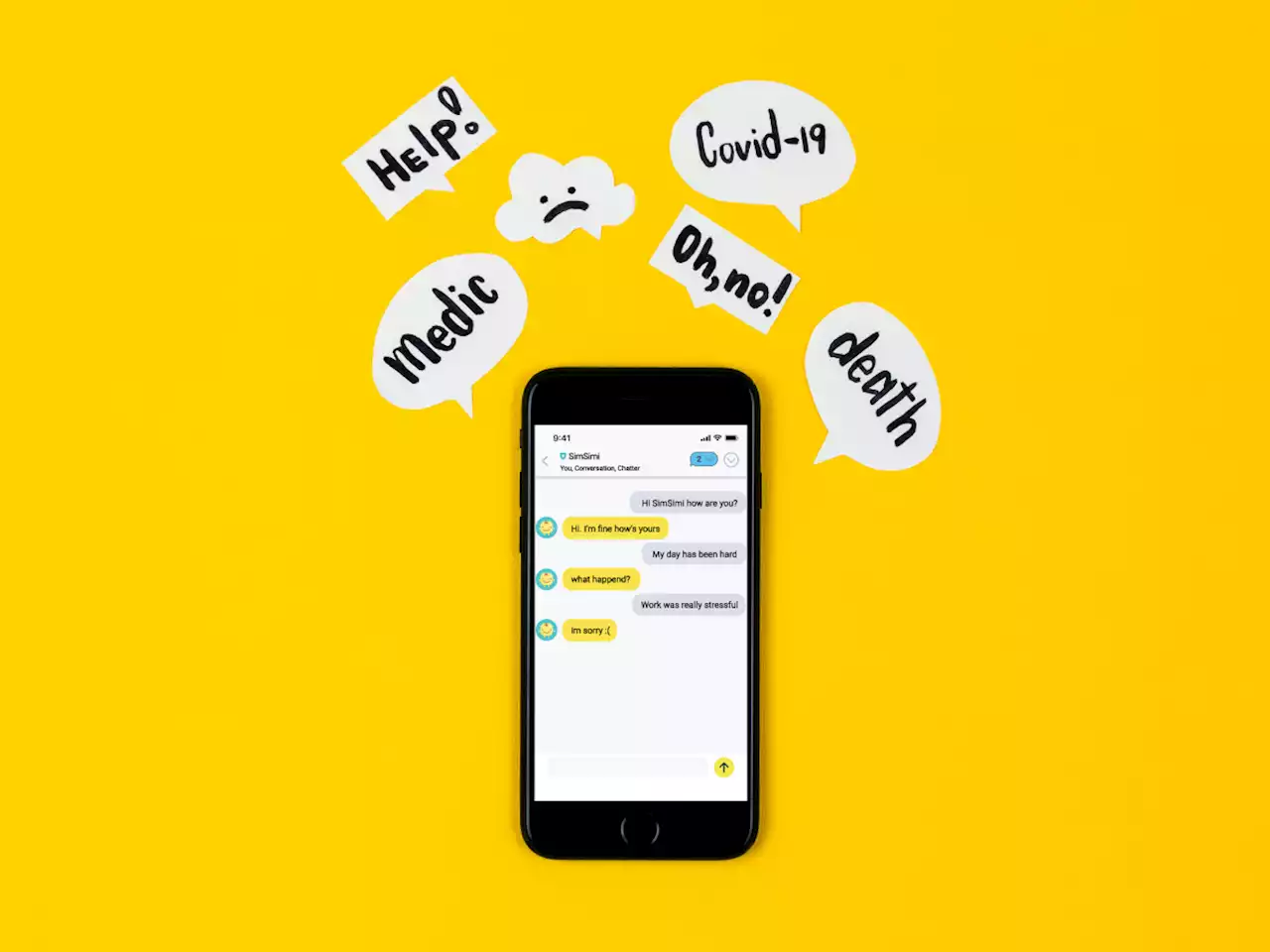New study shows how people interacted with chatbots during COVID-19 pandemic
Chatbots became a promising tool to support public health initiatives during the COVID-19 pandemic. Despite their potential, little research has been done on how people interact with chatbots in a crisis. Understanding user-chatbot interactions is crucial for developing services that can respond to people’s needs during a global health emergency.
From the analysis, we extracted 18 topics, which were categorized into five themes:"Questions asked to the chatbot" ,"Preventive behaviors" ,"Outbreak of COVID-19" ,"Physical & psychological impact of COVID-19" , and"People and life in the pandemic" . The most common theme indicated that people considered chatbots as a source of information about the pandemic, for example, by asking health-related questions.
United Kingdom Latest News, United Kingdom Headlines
Similar News:You can also read news stories similar to this one that we have collected from other news sources.
 Microsoft to offer ChatGPT-as-a-service from Azure 'soon'Addition of the chatbot everyone's talking about, and to, comes as Azure OpenAI goes GA
Microsoft to offer ChatGPT-as-a-service from Azure 'soon'Addition of the chatbot everyone's talking about, and to, comes as Azure OpenAI goes GA
Read more »
 Nick Cave criticises AI attempt to write Nick Cave lyrics: 'This song sucks'The musician responds after a popular chatbot produces lyrics 'in the style of Nick Cave'.
Nick Cave criticises AI attempt to write Nick Cave lyrics: 'This song sucks'The musician responds after a popular chatbot produces lyrics 'in the style of Nick Cave'.
Read more »
 Google's DeepMind says it'll launch a more grown-up ChatGPT rival soonGoogle's answer to ChatGPT could be here soon.
Google's DeepMind says it'll launch a more grown-up ChatGPT rival soonGoogle's answer to ChatGPT could be here soon.
Read more »
 Nick Cave says ChatGPT's AI attempt to write Nick Cave lyrics 'sucks'The musician responds after a popular chatbot produces lyrics 'in the style of Nick Cave'.
Nick Cave says ChatGPT's AI attempt to write Nick Cave lyrics 'sucks'The musician responds after a popular chatbot produces lyrics 'in the style of Nick Cave'.
Read more »
 Our fear of planning funerals for loved ones ultimately causes so much painOur fear of planning funerals for loved ones ultimately causes so much pain ✍️ stefanohat for ipaperviews
Our fear of planning funerals for loved ones ultimately causes so much painOur fear of planning funerals for loved ones ultimately causes so much pain ✍️ stefanohat for ipaperviews
Read more »
 Instagram post misrepresents study linking climate change and diseases - Full FactResearch linking climate change to strokes, dementia and migraines is not a cover up for Covid-19 vaccine harms, as an Instagram post suggests. The study largely looks at research almost entirely conducted prior to the vaccine roll-out.
Instagram post misrepresents study linking climate change and diseases - Full FactResearch linking climate change to strokes, dementia and migraines is not a cover up for Covid-19 vaccine harms, as an Instagram post suggests. The study largely looks at research almost entirely conducted prior to the vaccine roll-out.
Read more »
